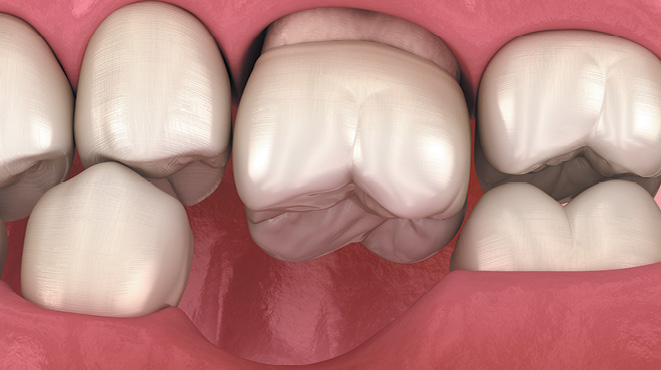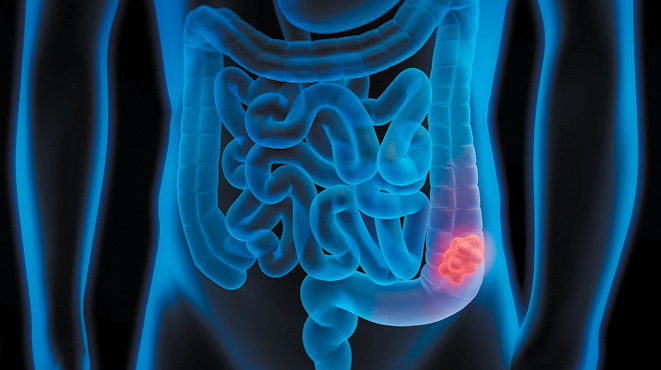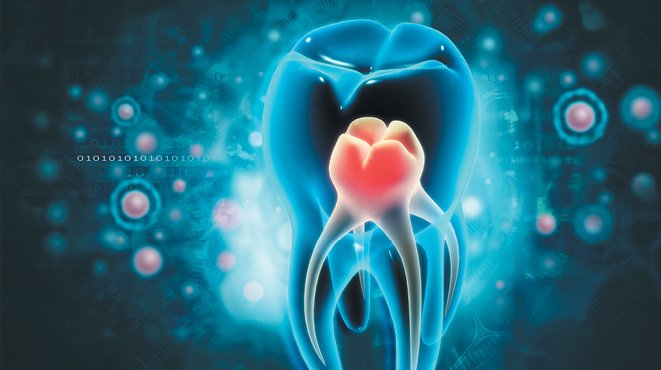BY DR DALE GARRED, MANLY VILLAGE MEDICAL
 Heart attack and stroke are some of Australia’s biggest killers. Wonderfully, in medicine, we have many tools available to us to help assess a patient’s risk of developing cardiovascular disease (i.e. angina, heart attack) and stroke.
Heart attack and stroke are some of Australia’s biggest killers. Wonderfully, in medicine, we have many tools available to us to help assess a patient’s risk of developing cardiovascular disease (i.e. angina, heart attack) and stroke.
All patients over the age of 45 (who are not already at high risk of developing cardiovascular disease) should have their absolute Cardiovascular Risk calculated by their GP. Doctors use a Cardiovascular (CVD) Risk Calculator Tool, which uses your blood pressure and cholesterol scores to calculate your risk of developing cardiovascular disease.
Unfortunately, no tool is without its pitfalls, and occasionally, the CVD Risk Calculator may UNDERESTIMATE risk for certain populations, such as in Aboriginal and Torres Strait Islander Peoples or in other individuals with known risk-enhancing factors that are not fully captured in the algorithm (e.g. family history, alcohol intake, weight).
For patients who are deemed to be at low to moderate risk of cardiovascular disease using the CVD Risk Calculator, their doctor may decide to order a Coronary Artery Calcium Score for the purpose of confirming or reclassifying a patient’s risk.
A Coronary Artery Calcium Score uses a CT scan to measure the amount of calcified plaque (cholesterol deposit) inside the walls of the heart’s arteries (blood vessels). A collection of calcium in the walls of your heart’s arteries can mean that there’s a build-up of plaque (cholesterol). This could increase your risk of a heart attack. So even though your risk might be low according to the initial CVD Risk Calculator, you may be reclassified as high risk if your Coronary Artery Calcium Score is elevated. We encourage high-risk patients to aggressively treat their modifiable risk factors, e.g. cholesterol scores, with diet and medication.
Pitfalls
- If you are already deemed to be at high risk of Cardiovascular Disease, there is no need to get a Coronary Artery Calcium Score.
- A CT Calcium Score only checks for calcified plaque in the heart’s arteries.
- If you have elevated cholesterol, these deposits may NOT be calcified, so your CT Calcium score may still be low, even though you do have ‘blockages’ in your heart’s arteries.
- If you have elevated cholesterol, you may have plaque build-up in other important arteries, such as the ones leading to the brain, the kidneys and the lower limbs, so cholesterol management may still be recommended even if your Coronary Artery Calcium Score is low.
If you want to know more or have your Cardiovascular Risk assessed, please phone your doctor and book an appointment for a Healthy Heart Check. If you would like to make an appointment at Manly Village Medical, please call our reception on 07 3396 2141.





















































